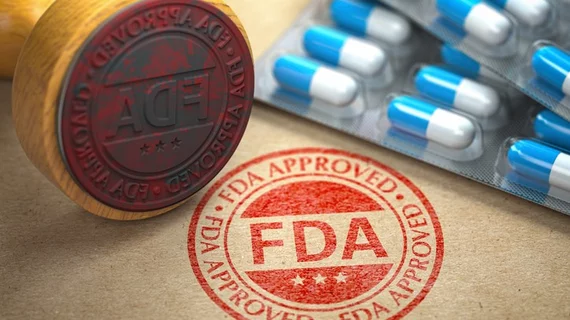Protective barriers thought to be safe may place providers in greater danger, FDA warns
The U.S. Food and Drug Administration on Friday revoked its blanket authorization for the use of passive-protective barrier enclosure barriers during the pandemic, while issuing a safety warning to healthcare providers.
It was back in May that the FDA first gave its emergency OK for the use of these transparent devices, designed to cover a patient’s head and upper body to prevent the spread of germs. They typically include one or more ports, through which providers can insert their hands to perform procedures.
The FDA’s blanket authorization on May 1, however, included enclosures that do not have fans or air filters, and are not meant to generate negative pressure. Preliminary evidence, the administration noted, has shown that potential adverse events or complications could occur with enclosures that are not properly pressurized.
“Although the FDA has not received any medical device adverse event reports related to the use of passive protective barrier enclosures during the COVID-19 pandemic, the FDA believes [healthcare providers] should be aware of potential risks or complications associated with their use so they can take appropriate precautions,” officials advised on Aug. 21.
The FDA urged providers to avoid using enclosures that do not have negative pressure, as they may prove ineffective in decreasing exposure to airborne particles, and in some instances, may actually increase exposure. Officials warned of other potential pitfalls that include increased intubation and patient hypoxia times, along with possible damage to personal protective equipment from the enclosures.
Those who do decide to deploy these barriers should ensure that they incorporate negative pressure. The FDA shared a list of such products that have received its seal of approval, while also cautioning that enclosures “should never be a replacement for using PPE.”
“Any protective barrier enclosure should be removed if it impedes the HCP’s ability to perform a medical procedure on a patient,” officials advised, later adding: “The FDA will continue to keep HCPs and the public informed if new or additional information becomes available.”

